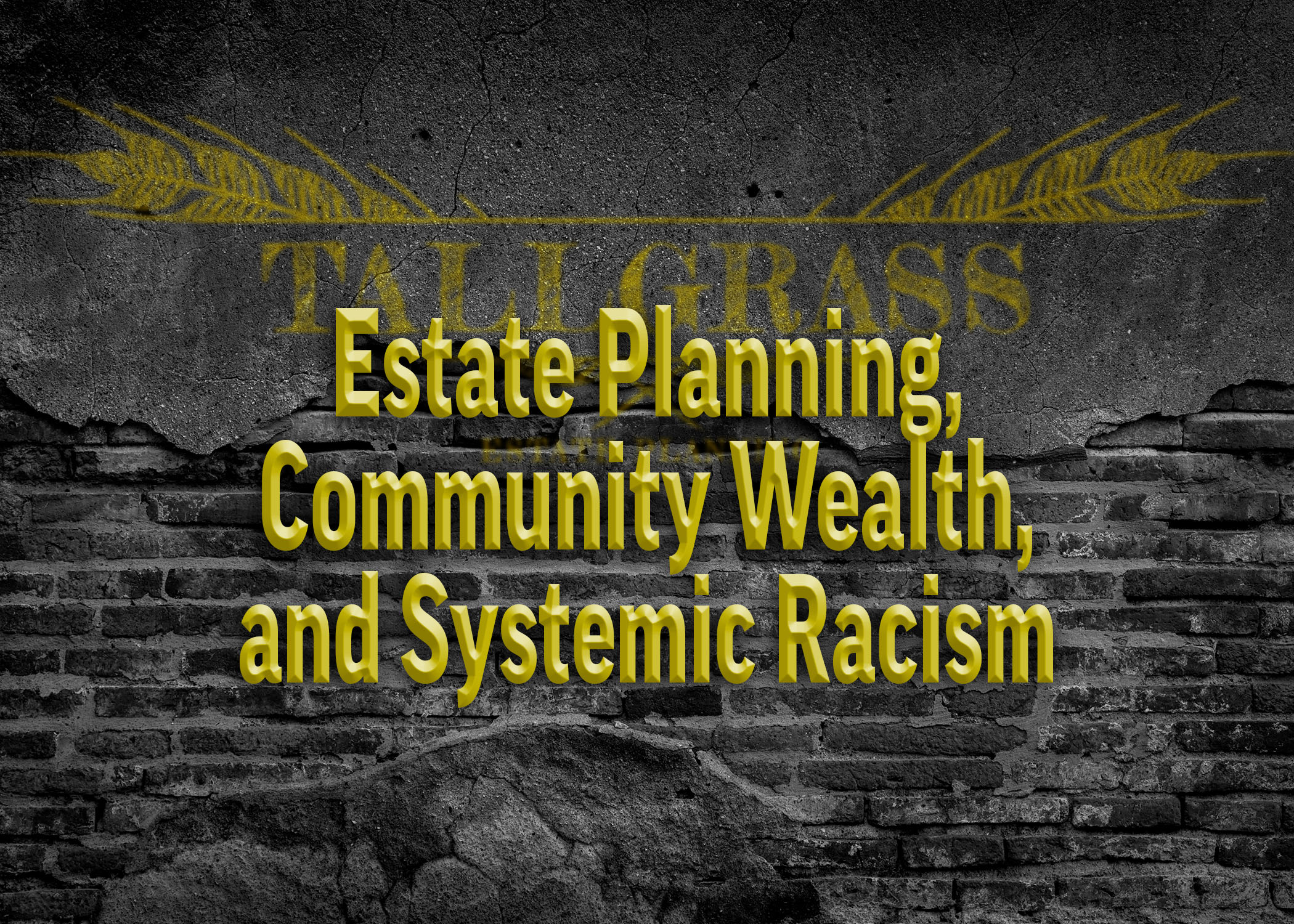
Speaking from personal experience, I can say that owning a business is one of the most rewarding and stressful things in the world. The risks, challenges, successes, and failures are a roller coaster, to be sure, but it is so gratifying to see your vision become reality. With all of the imagination and sweat that goes into your business, you need a plan - not just a business plan, but particular parts of an estate plan.
Here are just a few business and estate planning considerations for small business owners.
01/LIABILITY
If you experience financial difficulties in your personal life - divorce, bankruptcy, lawsuits - is your business protected from loss?
If your business experiences financial difficulties - lawsuits or creditors - are your personal assets protected from loss?
If the answer is "no" or "I don't know," you need to speak with an attorney and a CPA about your options. NOW.
One of the most basic things you can do to protect your assets is to be sufficiently insured against things like premises liability. But beyond this, you should consider owning your business as an LLC (limited liability company) or a Corporation, either of which keep your business assets and personal assets separate. Whether you should become an LLC or a Corporation depends on a number of factors that are most appropriately discussed with a CPA.
The point is, you need to take a good look at HOW you own your business and whether or not you need an "upgrade" to protect your personal and business assets from liability.
02/SUCCESSION
What happens to your business if you become disabled and when you pass away?
Does it continue to operate? If so, who is in charge?
Does it shut down? If so, who decides how much it is worth and how to distribute the value?
Like a lot of small businesses, you may own and operate what is sometimes called an "owner-dependent" business. Meaning, without you the whole thing falls apart. And if you're like many owner-dependent business owners, you probably haven't thought beyond next quarter, let alone what happens if you're no longer in charge.
Whether your business is an owner-dependent sole proprietorship, a partnership, a closely-held organization, or a publicly-traded corporation, you need a plan for what happens when you're not around.
A thorough estate plan for business owners includes updated operating agreements, buy-sell agreements, and trust planning that makes it clear what happens to the business - assets, debts, inventory, personnel, goodwill, etc - when you're gone. Your loved ones should know where to find records, how to access assets, whether to continue operations, how to value worth, whether and how long to continue carrying insurance against lawsuits that could still be brought even after your death.
The point is, succession planning is complicated and crucial, and by now it should be no surprise to you that owning your own business comes with all kinds of added responsibilities.
03/TAXES
Finally, you may be among the lucky few whose business does so well you have to think about estate tax planning. If you are fortunate enough to have that problem, speak with an attorney early and often about how to minimize your eventual tax liability. You probably want as many assets as possible to remain with your family, rather than go to pay a huge tax bill. If that is the case, it requires detailed, advanced, and regularly maintained planning.
No matter how much your business is worth, you need to contact an estate planning attorney and a CPA sooner than later. Talk about these issues in detail, and get your plan - even if it is a temporary one - executed ASAP.
#estateplan #business #entrepreneurship

















